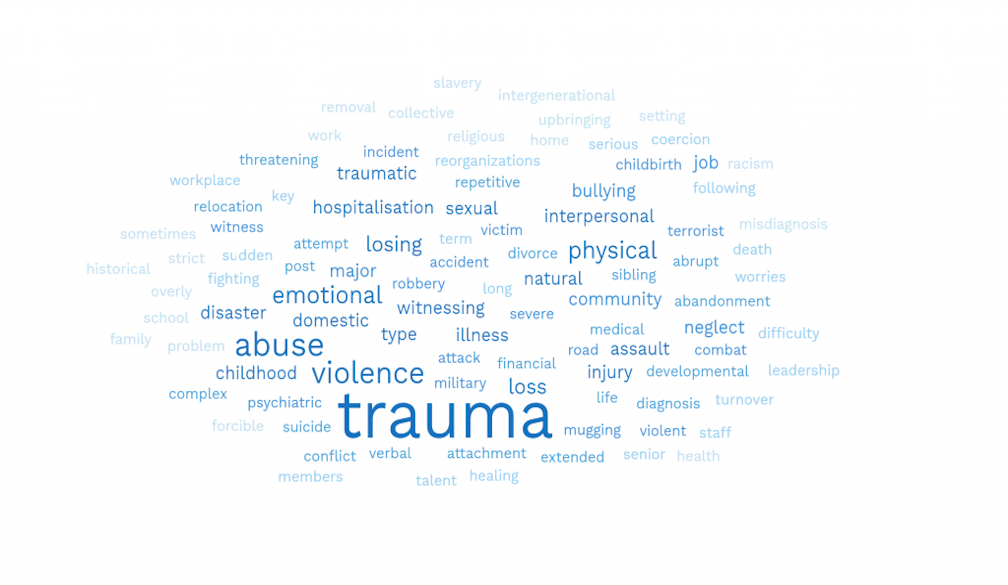Therapy as a Preventative Measure: Maintaining Mental Health Before a Crisis

In recent years, the conversation around mental health has shifted significantly. No longer seen solely as a response to crises, therapy is now increasingly recognised as a proactive measure for maintaining emotional wellbeing. This evolution in understanding is crucial, as it empowers individuals to prioritise their mental health before reaching a breaking point.
Preventative therapy can be likened to regular physical exercise; just as we work out to strengthen our bodies, therapy helps build emotional resilience and mental agility. By engaging in therapy before a crisis occurs, individuals can develop tools and strategies to navigate life’s challenges more effectively, reducing the likelihood of reaching a critical point of distress.
The Importance of Preventative Therapy
One of the most compelling reasons to consider therapy as a preventative measure is its ability to foster self-awareness. Through regular sessions, individuals can gain a deeper understanding of their thoughts, feelings, and behaviours. This heightened self-awareness enables them to identify potential stressors and triggers early on, addressing them before they escalate into more severe issues.
Preventative therapy also helps in the development of healthy coping mechanisms – life is unpredictable, and challenges are inevitable. However, by working with a therapist, individuals can learn to respond to stress in constructive ways, rather than relying on maladaptive behaviours that may exacerbate their problems.
Moreover, therapy can improve relationships, both personal and professional. Communication is at the heart of any healthy relationship, and therapy can enhance an individual’s ability to express themselves clearly and empathetically. This can lead to stronger, more fulfilling connections with others, reducing feelings of isolation and loneliness that often precede a mental health crisis.
Who Can Benefit from Preventative Therapy?
The simple answer is everyone. Mental health does not discriminate, and everyone faces challenges that can impact their wellbeing. Whether it’s managing stress from work, navigating relationship issues, or simply maintaining a balanced life, therapy can provide the tools necessary to keep your mental health on track.
For those working in high-stress environments or dealing with significant life changes, the benefits of preventative therapy are even more pronounced. Regular sessions can act as a check-in, ensuring that emotional health is being monitored and nurtured just as much as physical health.
How to Get Started
If the idea of therapy as a preventative measure resonates with you, the first step is finding the right therapist. It’s important to seek out a professional who makes you feel comfortable and understood, as the therapeutic relationship is key to a successful outcome.
Additionally, participating in clinical psychology workshops can be a valuable supplement to individual therapy. These workshops offer a structured environment to learn about mental health topics, gain practical skills, and engage in self-reflection, all under the guidance of experienced psychologists.
Therapy should not be viewed as a last resort but as a proactive investment in your mental health
By engaging in therapy before a crisis arises, you are taking a powerful step toward maintaining emotional balance, building resilience, and leading a more fulfilling life. Remember, taking care of your mental health today is one of the best ways to ensure a brighter tomorrow.
Whether you’re currently facing challenges or simply want to stay ahead of the curve, consider making therapy a regular part of your self-care routine. Your future self will thank you.










